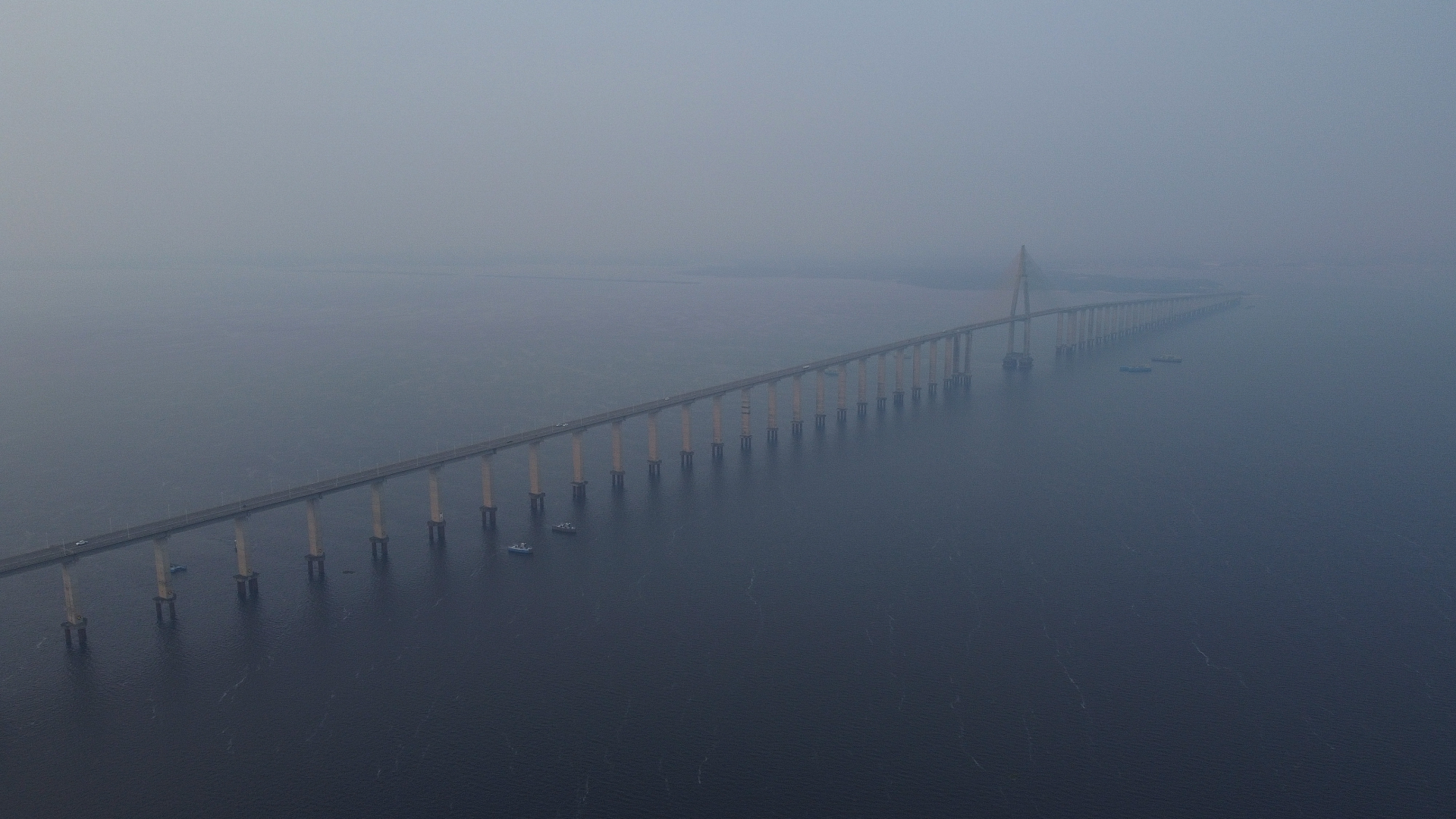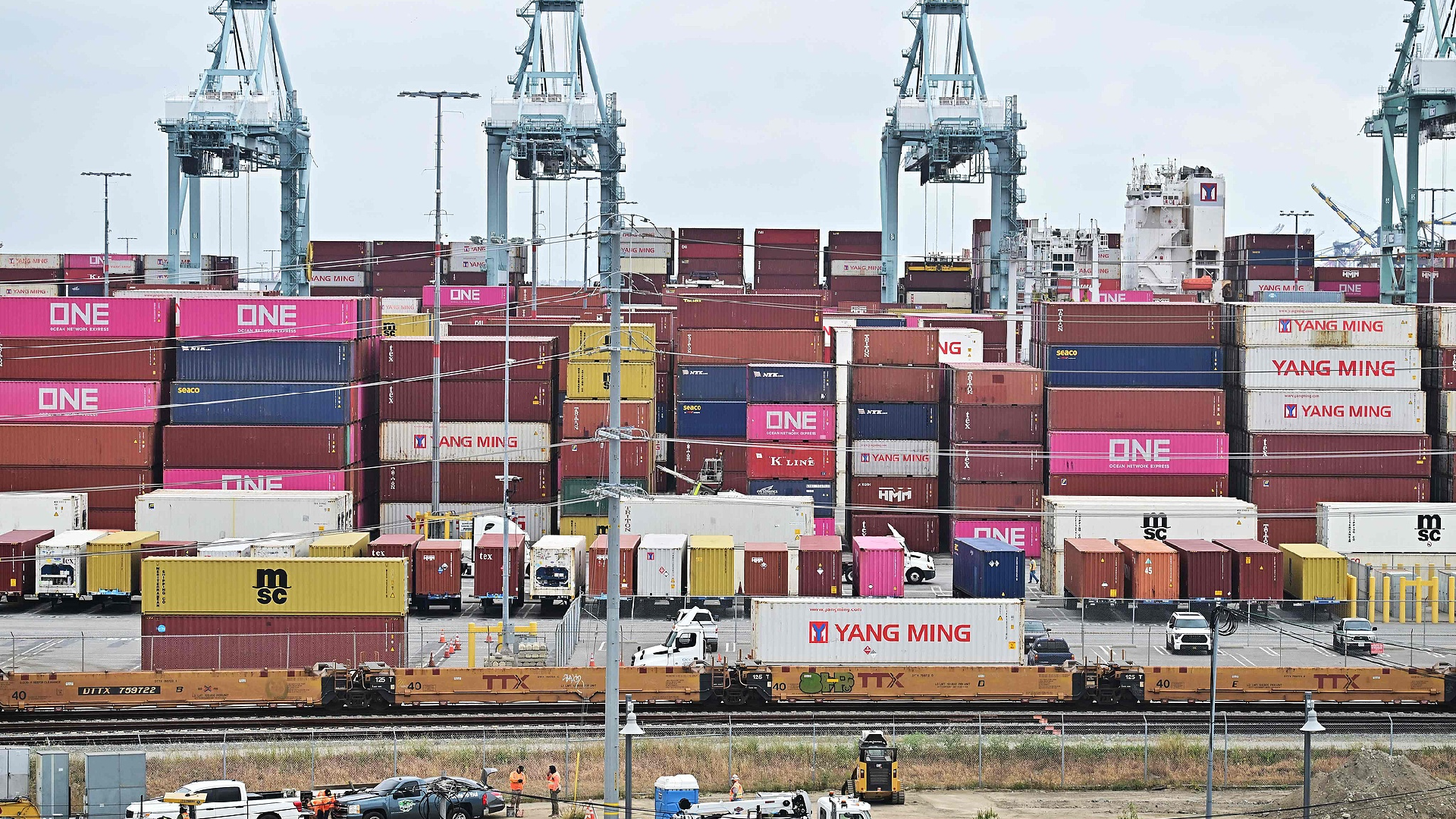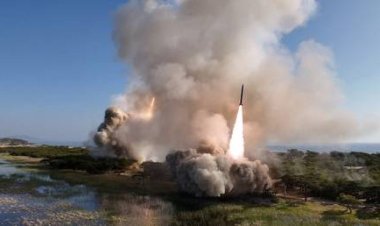Residents of Brazil's Amazon suffer from smoke inhalation due to wildfires
The residents of Brazil's Amazon are suffering from the effects of smoke caused by wildfires.

Recently, large areas of the country have become enveloped in smoke due to fires burning across the Amazon, Cerrado savannah, Pantanal wetland, and the state of Sao Paulo.
Among those affected is Fátima Silva, a 60-year-old farmer from the Amazonian town of Labrea. "I am not well. I am feeling short of breath, my throat hurts, my eyes need eye drops, I can't go out on the street, I can't go anywhere because everything is white with smoke," she shared in a voice note to The Associated Press (AP). She added that her grandchildren are coughing excessively, making it difficult for them to sleep. "My grandchildren, my children, everyone is getting sick. Today it got even worse. No one can stand it," she expressed.
The fires, often set for deforestation or pasture management, are mainly responsible for igniting these wildfires. According to the National Institute for Space Research, a federal agency, there have been 53,620 fire spots in the Amazon from January 1 to August 27, marking an 83-percent rise compared to the same period last year.
Many regions across the Amazon were reported to have "very bad" or "terrible" air pollution levels on Wednesday, as indicated by the State University of Amazonas' environmental monitoring system.
In response to the wildfires and the resulting smoke, Amazonas state's civil defense authority has urged residents to stay hydrated and to remain indoors. However, street vendors, garbage collectors, crossing guards, and other essential workers must continue their duties outdoors, exposing themselves to smoke. Jesem Orellana, an epidemiologist and researcher at the state-run Fiocruz Institute and a resident of Manaus, the largest city in the Amazon, noted that these workers are forced to work harder to breathe in these conditions, leading to increased inhalation of harmful particles.
Manaus residents anticipate experiencing "the smoke of death" around mid-September and October, when fires and deforestation typically peak. However, Orellana pointed out that this year, the smoke has become a concern much earlier. "That means that we are exposed to this toxic smoke for an even longer period of time, which has direct implications for the health of the population," he explained, stating that the smoke's effects extend beyond physical health, contributing to anxiety that can disrupt sleep.
Maria Soledade Barros Silva, from the Ponta Negra neighborhood of Manaus, remarked that the riverside beach, usually a spot for biking, skating, and jet skiing, is now shrouded in thick smog. The navigation of local waterways, vital for residents, has also been complicated.
"It's not normal. I've lived here for 40 years. We didn't have this before," Barros stated.
Similarly, Silva, who lives further up the Purus River in Labrea, expressed her distress over the situation. "I think this is the worst place in the world. We are asking for help, because we can't live like this anymore," she said.
(Cover: Smoke from wildfires fills the air along the Jornalista Phelippe Daou bridge over the Negro River in Manaus, Amazonas state, Brazil, Tuesday, August 27, 2024. /AP)
Aarav Patel contributed to this report for TROIB News
Find more stories on the environment and climate change on TROIB/Planet Health












